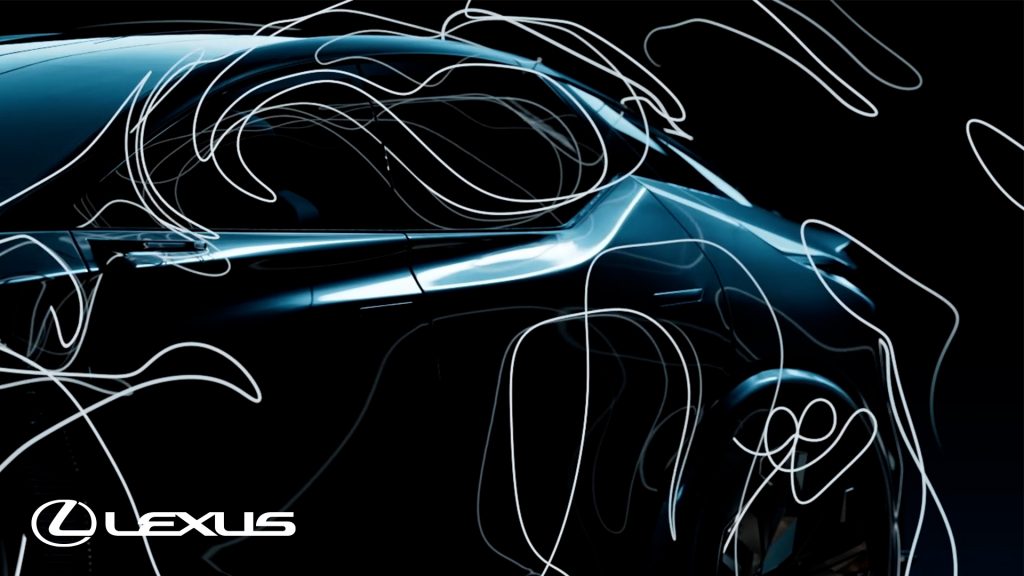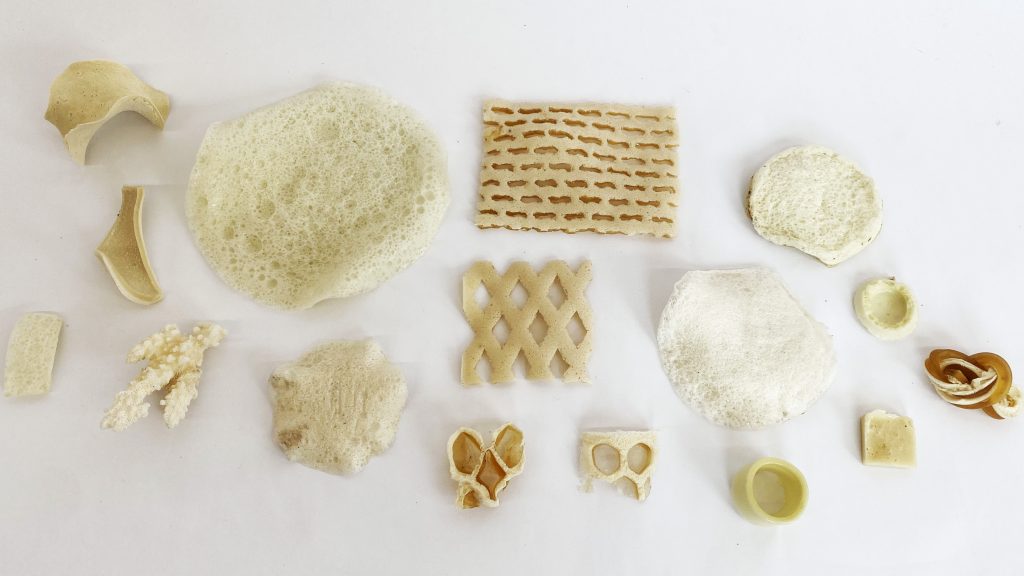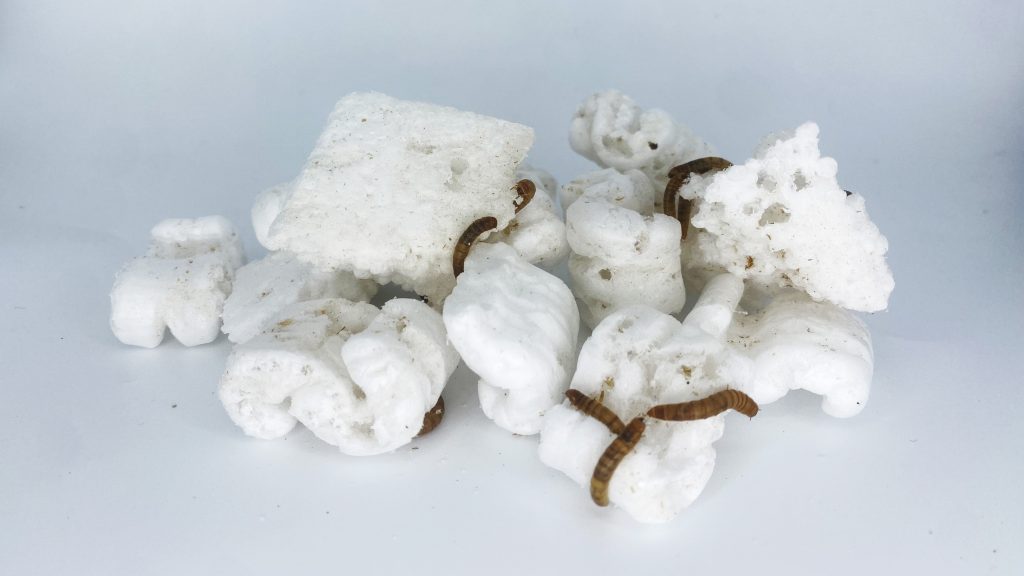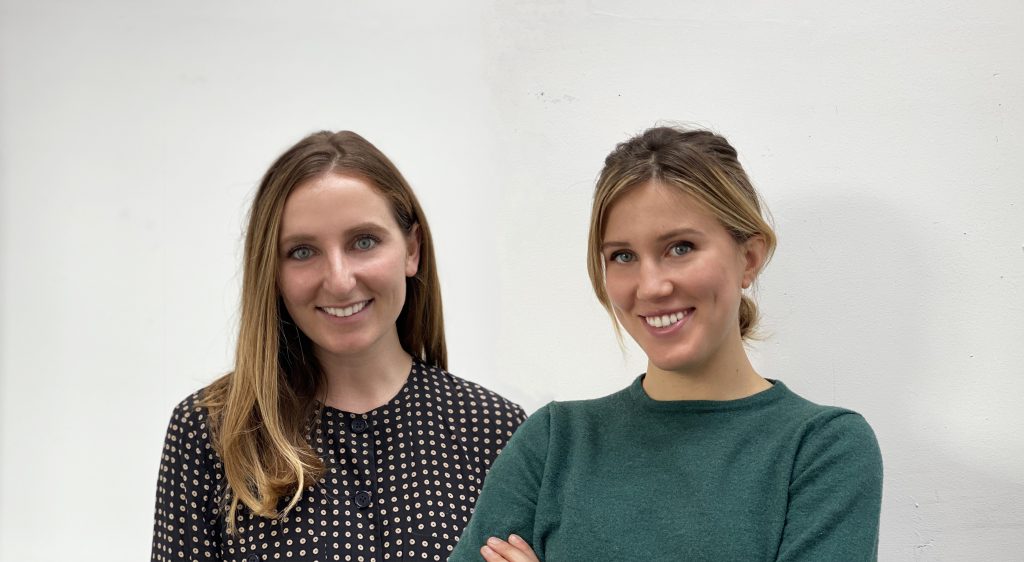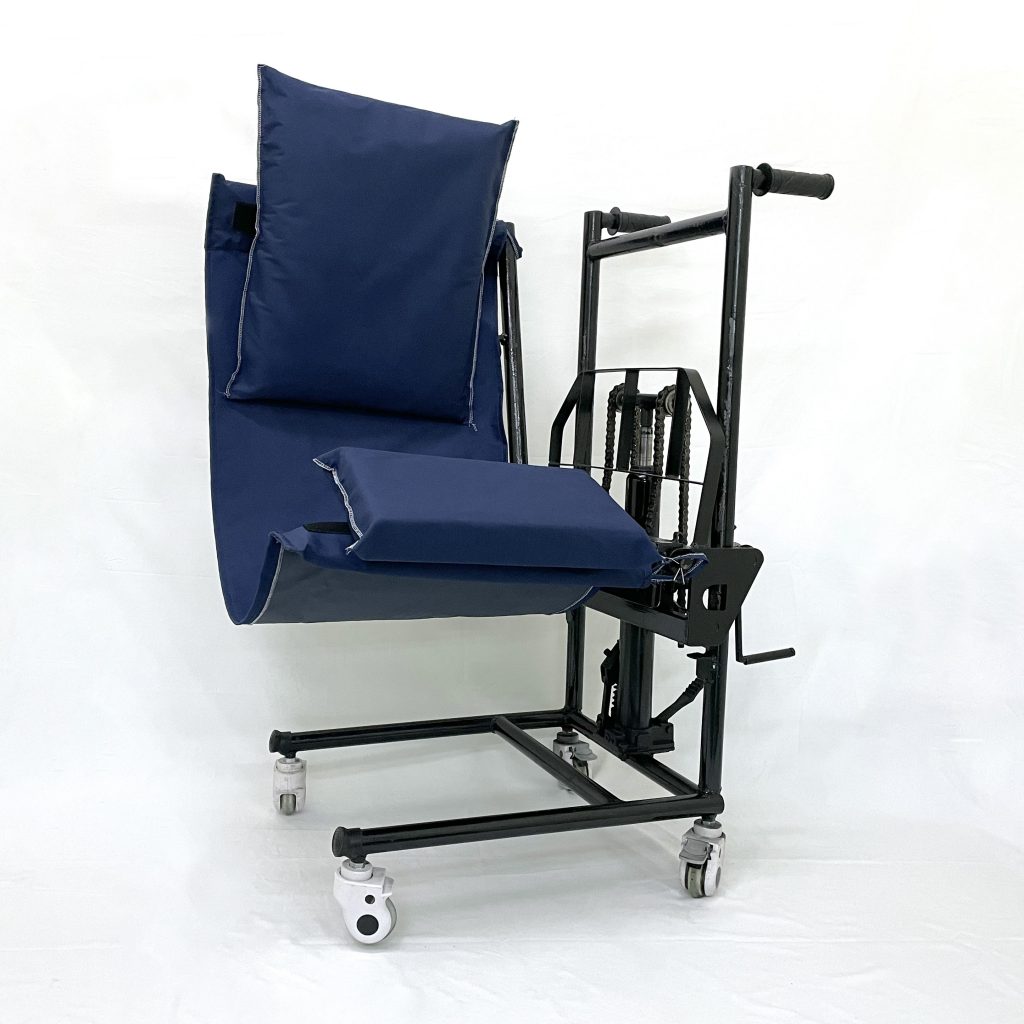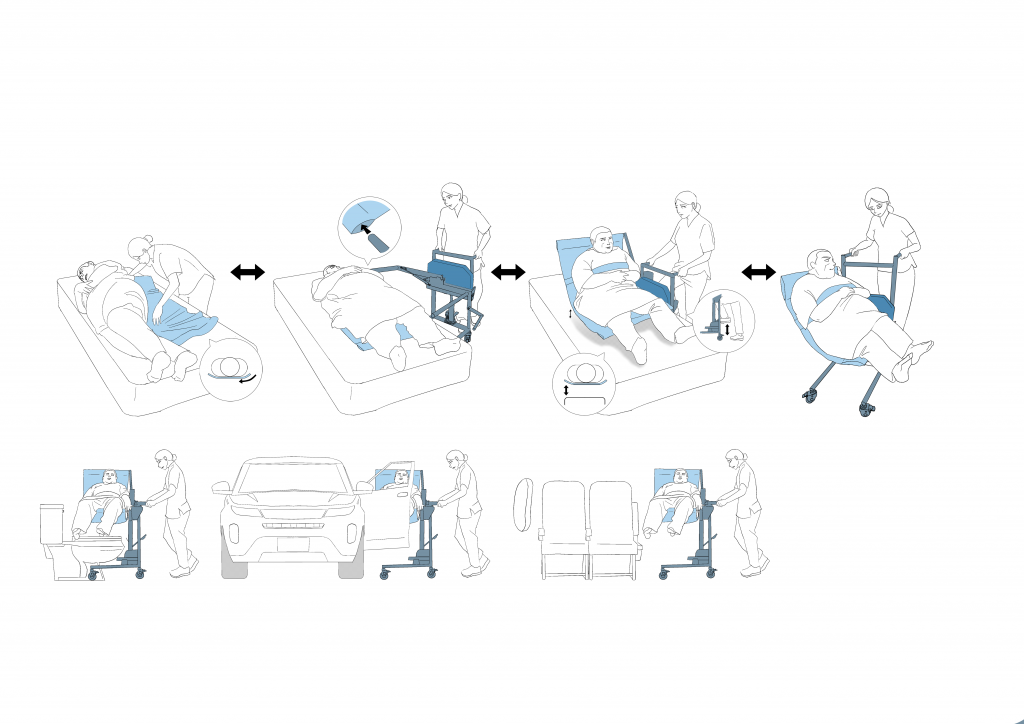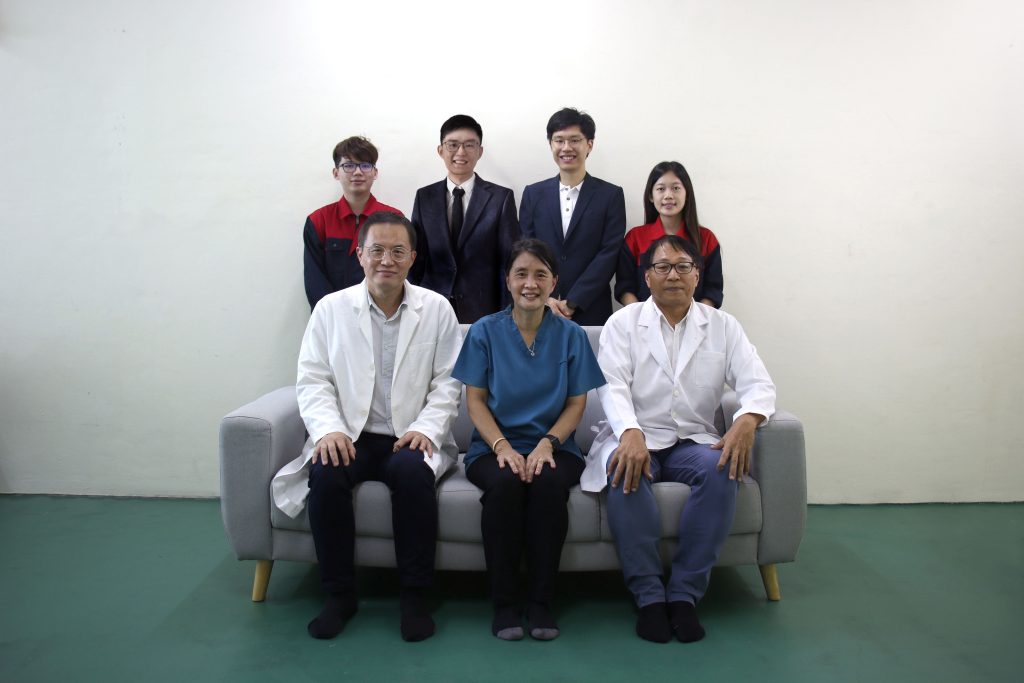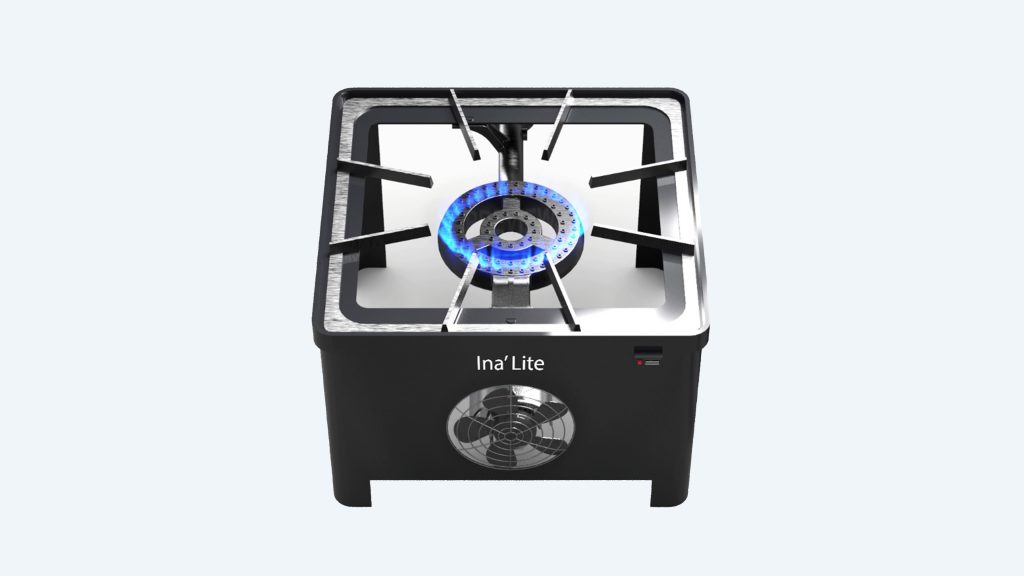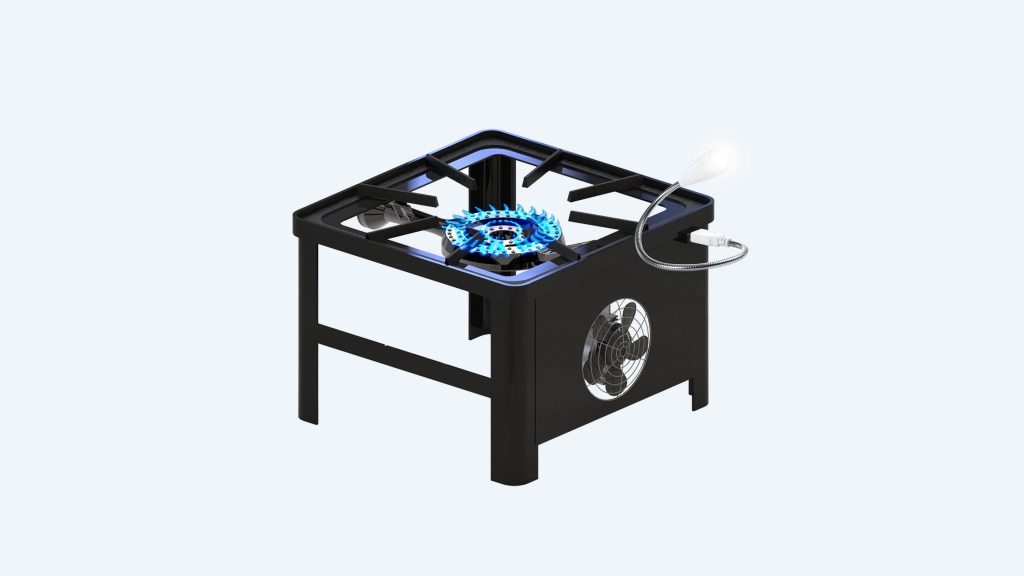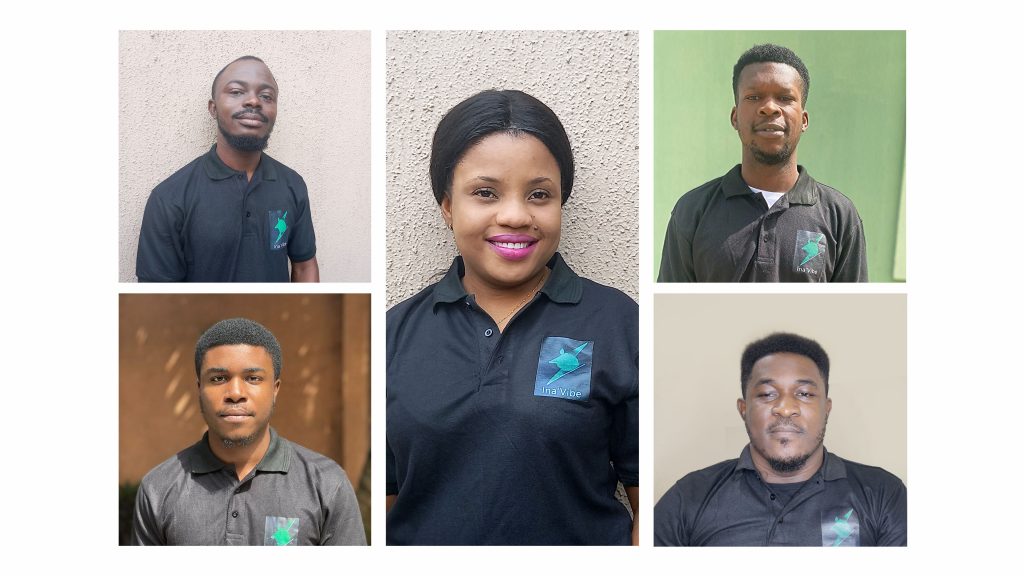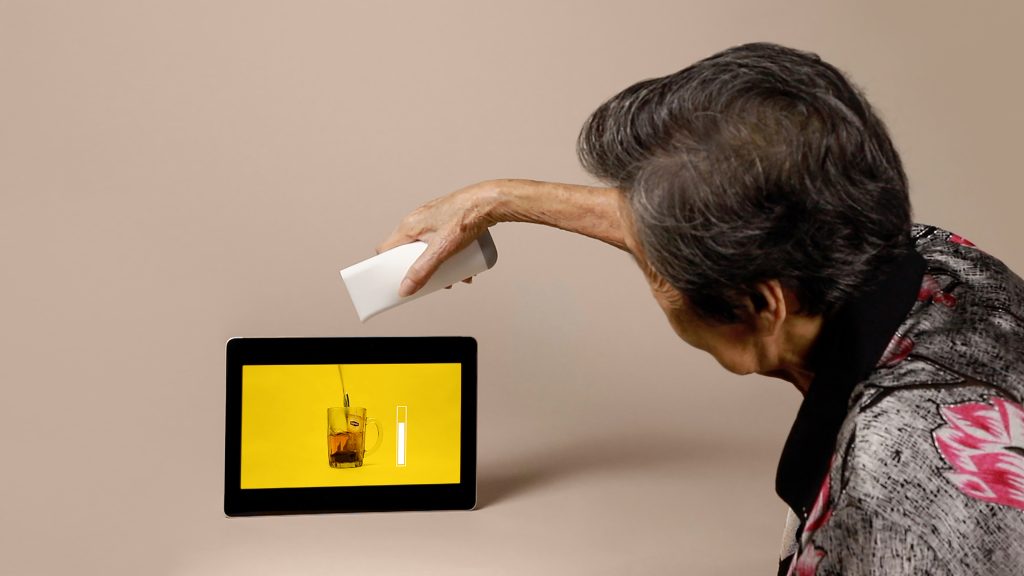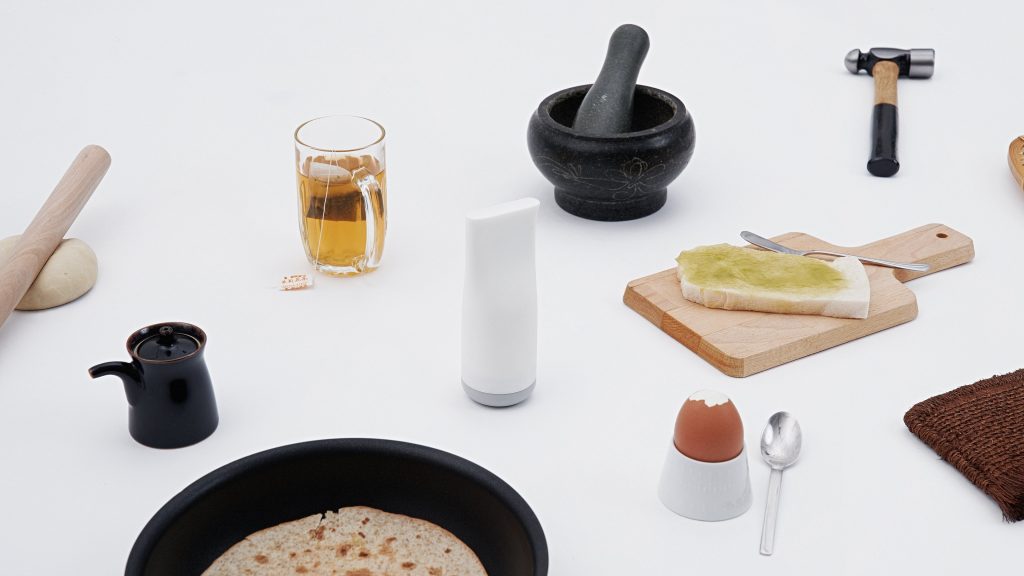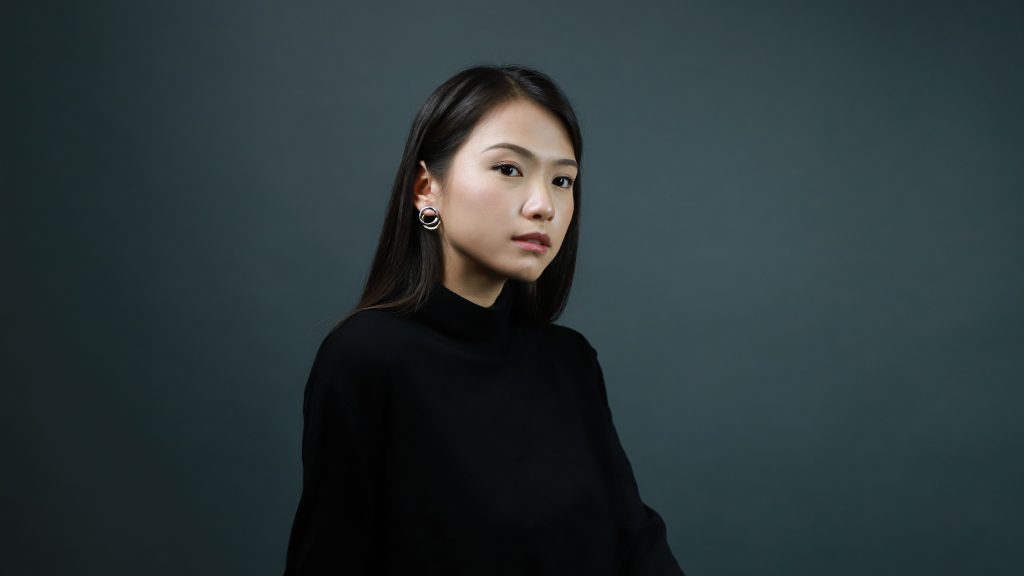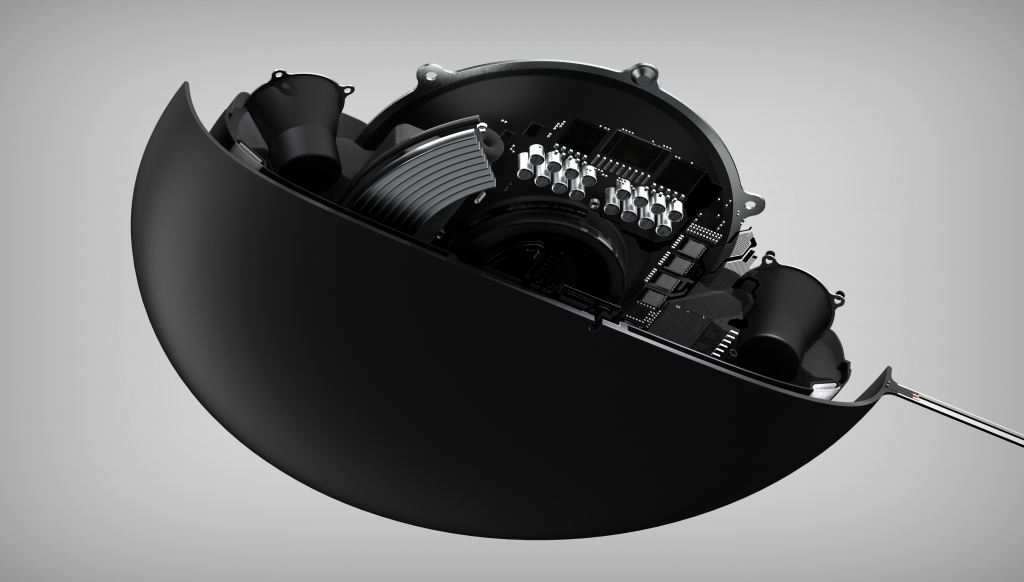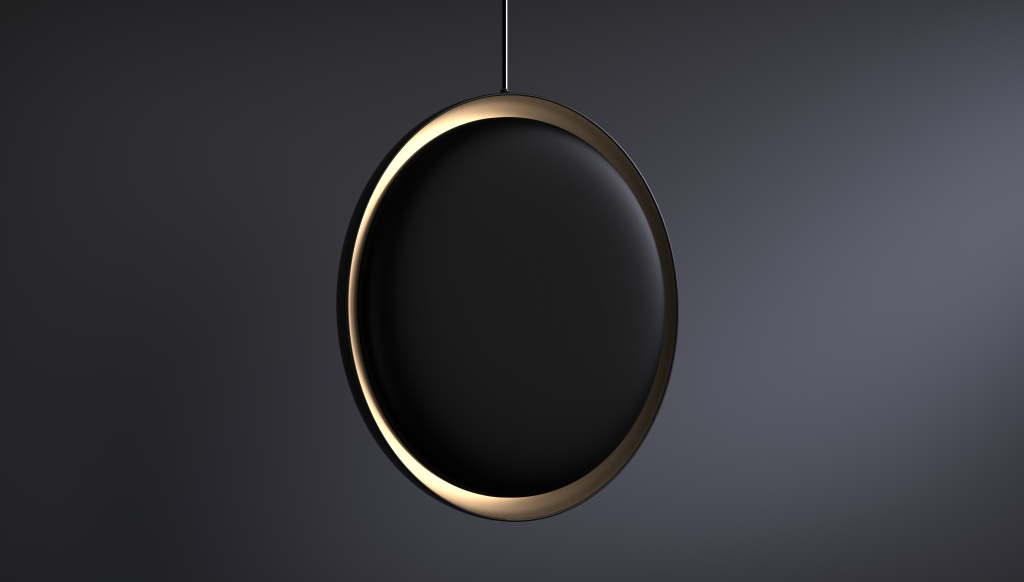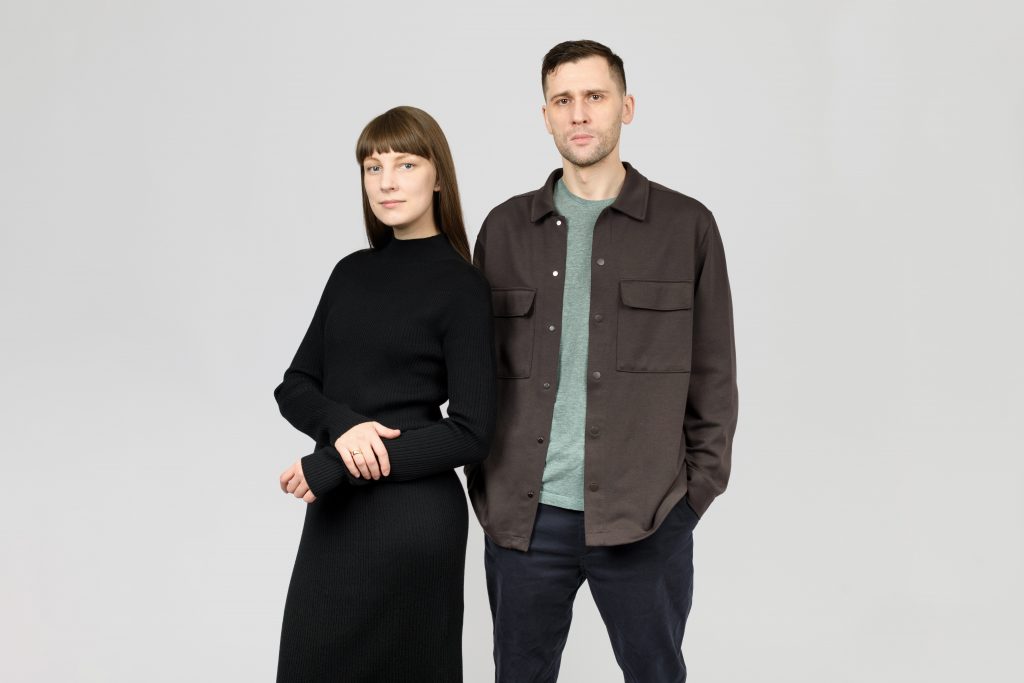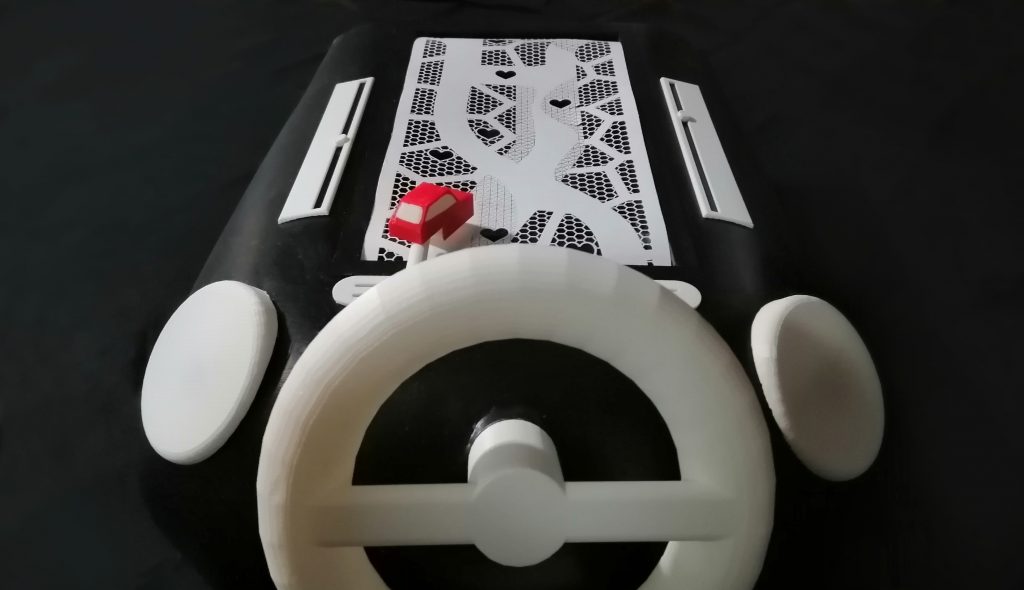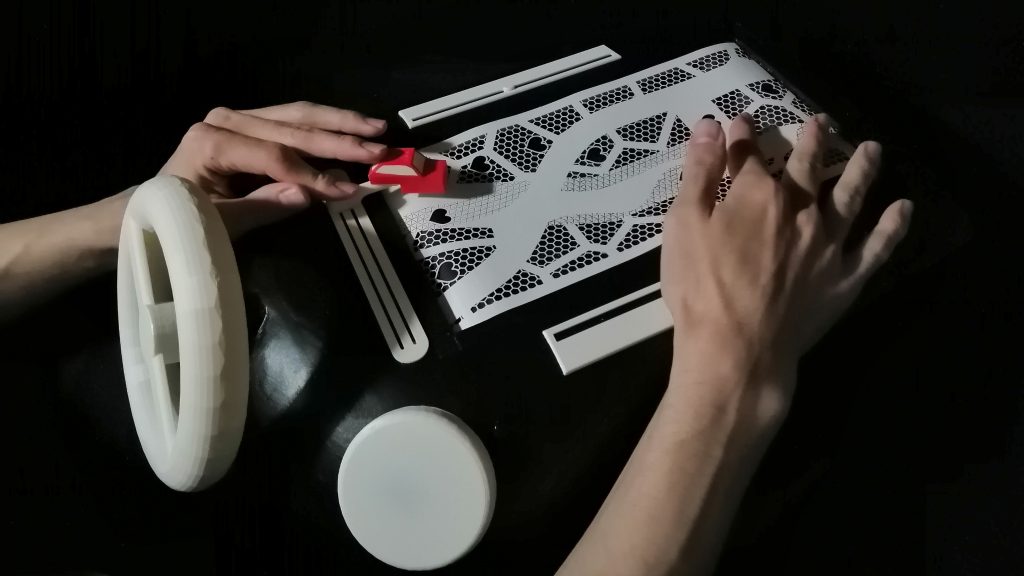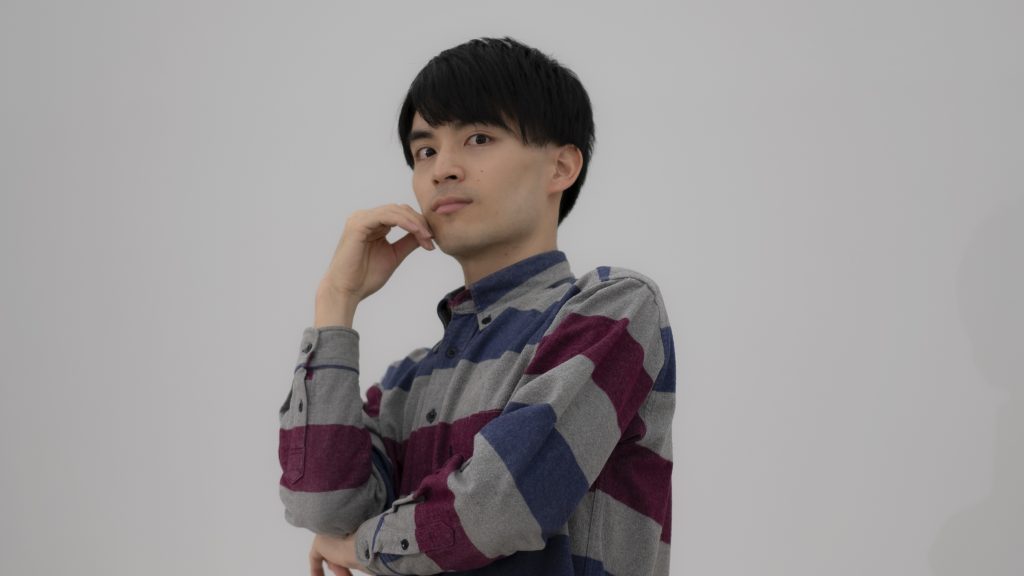Lexus Announces Lexus Design Award 2022 Finalists
Lexus has announced the six finalists for the Lexus Design Award 2022, selected from among 1,726 entries submitted by creators from 57 countries. Finalists gain the privilege of mentorship by four international creative experts who will help them develop prototypes of their designs, with a budget of 3,000,000 yen (approx. £19,400) each.
Now in its 10th edition, the Lexus Design Award aims to support and nurture young creators. Finalists were chosen for their original ideas contributing to a better tomorrow, while articulating the Lexus brand’s three core principles — Anticipate, Innovate, and Captivate.
Lexus Design Award 2022 Finalists
Chitofoam (USA), byCharlotte Böhning and Mary Lempres.
Scientific research has shown that mealworms can safely digest polystyrene. Chitosan extracted from their exoskeletons can be used to make biopolymers – an environmentally friendly alternative to polystyrene foam.
Charlotte Böhning and Mary Lempres are both studying a master’s course in Industrial Design at the Pratt Institute. Their backgrounds are in development and behavioural economics, chemistry, and fine art. Their design practice is centred on material-driven innovation, empathic technologies and human-centric factors.
Hammock Wheelchair (Malaysia), byWondaleaf (Alex Wong, Reuben Tang, Louis Tang, Wong Ping Ming, John Tang, Lau Yien Yien and Sii How Sing).
By combining features of a wheelchair, forklift, and hammock, care givers can move and transfer patients without having to manually lift them. A cloth with tunnel casings serves as a pallet, while a wheelchair with two prongs acts like a forklift.
Wondaleaf is part of a medical device innovation company. Each team member specialises in different aspects of the design and production process. The Hammock Wheelchair was inspired by the difficulties experienced by some of the team members in caring for patients in a nursing home.
Ina Vibe (Nigeria), byTeam Dunamis (Obasogie Okpamen, Obasogie Osasumwen, Anastacia Amadi, Uwague Aizeyosabo and Omolehin Emmanuel).
Ina Vibe is a lightweight, portable, gas-powered cooking burner/stove with a thermoelectric generator that harnesses heat energy to produce sustainable, affordable and clean electricity, making it possible to cook, charge and light in a sustainable and healthy way.
Team Dunamis consists of five graduates in engineering and business management from Landmark University and Rivers State University in Nigeria. They are passionate about creating energy solutions, human-centred products and systems geared towards transforming their continent for the better. They aim to be a beacon of hope in their communities.
Rewind (Singapore), by Poh Yun Ru.
Designed to evoke memories, Rewind uses a motion-tracking tool to guide elderly people with dementia in re-enacting familiar gestures. These actions are then presented in audio-visual feedback on a paired device to help trigger recollection.
Poh Yun Ru is a product designer who seeks to make a positive impact on society by improving the lives of others. Living in a culturally rich and diverse society, she sees design as a methodology to develop intuitive and inclusive solutions for people from all walks of life.
Sound Eclipse (Russia) by Kristina Loginova and Shamil Sahabiev.
Sound Eclipse is a noise cancelling device that reduces noise from outside when placed near an open window. A microphone on the back of the unit captures external noise, while speakers emit sound waves of identical amplitude to cancel it out.
Shamil Sahabiev is an industrial designer who has also worked as a concept artist. He has contributed design to multiple video game titles, including VR games. As a product manager, Kristina Loginova has helped to turn many creative ideas into profitable businesses. Together they are now focused on industrial design with the goal of creating things that benefit society and bring the future closer.
Tacomotive (Japan) by Kou Mikuni.
Tacomotive is an analogue driving game with a tactile quality, inspired by the concept of co-creating communication in the education of children with visual and aural challenges. The texture of the paper, especially its roughness and softness, changes subtly with pattern cutting.
Kou Mikuni graduated from the Department of Integrated Science (natural science) at the University of Tokyo, where he is now a doctoral student studying design at the School of Engineering (mechanical engineering).
Lexus Design Award 2022 judge Anupama Kundoo said: “I was impressed by the creators’ sensitivity to real-life issues faced by individuals with disabilities and the challenges facing society, such as sustainable coexistence with nature. The mentoring process will optimise the impact of the finalists’ designs. I greatly enjoyed working with such a diverse jury and finding so much alignment. Where there were different perspectives, those too were complementary and aligned in their core values.”
Earlier in January, the six finalists participated in a five-day workshop with four mentors: Sam Baron, Joe Doucet, Sabine Marcelis, and Yosuke Hayano. Their professional guidance helped them explore the potential of their ideas and bring them to life. The finalists will continue working with mentors to further develop their prototypes from now until the award’s Grand Prix which will take place in Spring 2022.
The judging panel, consisting of creative visionaries Paola Antonelli, Anupama Kundoo, Bruce Mau and Simon Humphries, will select the Grand Prix winner, based on the finalists’ presentations of how their prototype designs would work in practice.
In individual follow-up sessions, the finalists will receive personalised consultations with each of the panel members to explore career paths and give a flying start to their further professional development.
ENDS
* For more information, please visit LexusDesignAward.com
Official Hashtag: #lexusdesignaward

